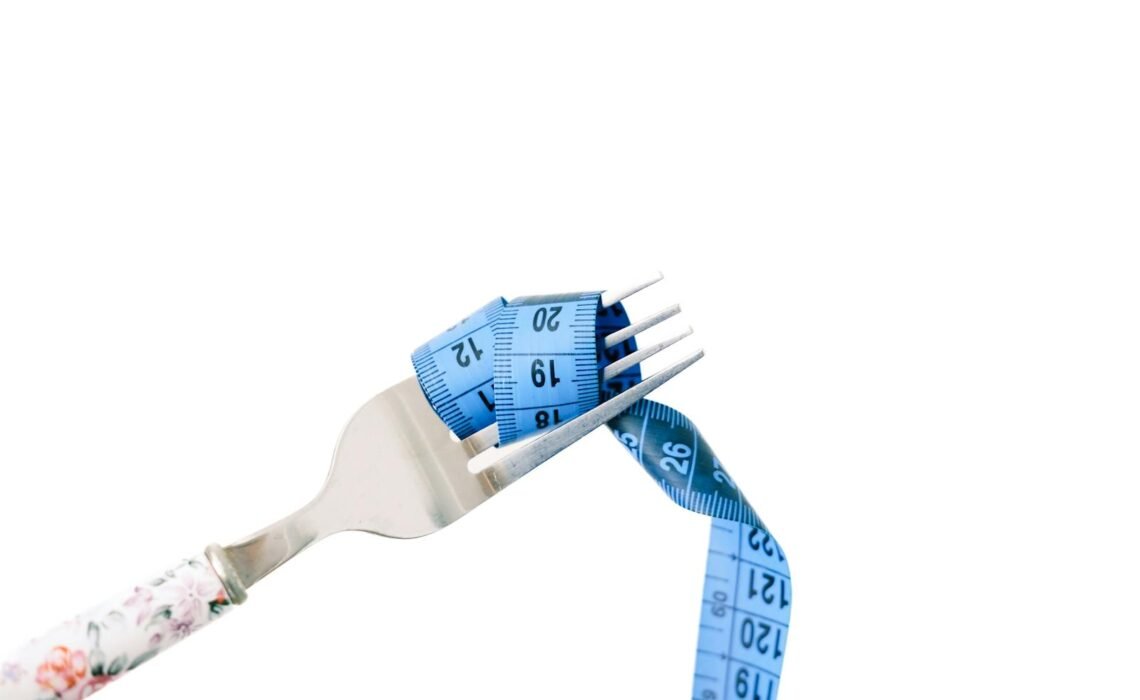Weight Watchers, now rebranded as “WW” in an effort to distance itself from its own reputation, has long marketed itself as a science-backed, empowering tool for weight loss. But behind the glossy branding, celebrity endorsements, and “wellness” rhetoric lies a system that is deeply flawed, exploitative, and ultimately harmful to both physical and mental health. From its arbitrary point system to its questionable partnerships with food brands, Weight Watchers epitomizes the worst of the diet industry: pseudo-science wrapped in feel-good marketing.
1. Unethical Business Model Masquerading as “Wellness”
Weight Watchers has mastered the art of cloaking a profit-driven diet program in the language of health and empowerment. The shift to “WW” was marketed as a pivot toward holistic wellness, yet the core structure remains fundamentally weight-centric. Telling people they can earn “FitPoints” and eat “ZeroPoint” foods while keeping their weight “in check” is not health-promoting—it’s control disguised as self-care.
The rebranding is more than a name change. It’s a bait-and-switch, giving consumers the illusion of escaping diet culture while keeping them tethered to it. The company markets itself to vulnerable populations—including teens and people with disordered eating histories—while claiming to care about mental health. This is an egregious contradiction.
2. Unscientific and Arbitrary Points System
The Weight Watchers Points system is not rooted in rigorous nutritional science but in a proprietary algorithm designed for simplicity and marketability—not health. Foods are assigned points based on calories, sugar, saturated fat, and protein. However, this reductionist model ignores the complexity of human metabolism, nutrient density, hormonal responses, and psychological well-being.
For example, under the Points system, a 100-calorie snack bar loaded with sugar alcohols might have fewer points than a nutrient-dense food like avocado or almonds. The implication? That low-point, ultra-processed foods are somehow “better” for your body. This leads to distorted eating habits, food obsession, and long-term harm to a person’s relationship with food.
Further, the system promotes the dangerous idea that food choices can and should be micromanaged, as though weight is the only—or most important—marker of health.
3. Normalization of Disordered Eating
WW encourages a mindset of chronic restriction, obsession with numbers, and guilt over food choices—all hallmark traits of disordered eating. It teaches users to internalize the belief that their worth is tied to staying “on track,” and it rewards starvation-like behavior with praise and virtual badges. In fact, former members often report developing or exacerbating eating disorders due to the program’s restrictive and moralizing approach to food.
Rather than encouraging body trust or intuitive eating, WW reinforces the idea that food must be earned, monitored, or avoided. This is not only psychologically damaging—it’s dangerous.
4. Unethical Food Partnerships and Product Endorsements
One of the most troubling aspects of the WW empire is its blatant commercialization of food through branded endorsements. Numerous food products display the WW logo or points values—suggesting that these items are somehow sanctioned by science or health authorities. But this is pure marketing.
Allowing corporations to slap “Weight Watchers Approved” on heavily processed snacks and desserts is nothing short of misleading. These partnerships encourage the consumption of ultra-processed, nutrient-poor foods under the guise of “staying on plan.” It’s a deeply unethical tactic that prioritizes profit over public health.
The diet industry as a whole thrives on repeat customers. WW knows this—and benefits from the cyclical nature of weight loss and regain, also known as weight cycling, which has its own set of negative health outcomes.
5. Expensive and Unsustainable
WW is not just emotionally costly—it’s financially burdensome. Subscriptions, workshops, app access, and branded foods quickly add up, with no guarantee of long-term success. In fact, studies show that most people who lose weight on such programs regain it within five years.
This is not a flaw of individual willpower—it is a structural failure of the diet model. WW’s continued profitability depends on its members’ repeated “failures,” ensuring a steady stream of paying return customers. That’s not a wellness plan—that’s a business built on relapse.
6. The Illusion of Success
WW highlights before-and-after photos, testimonials, and celebratory weight loss stories—but these are carefully curated exceptions, not the rule. Long-term data rarely supports the efficacy of such programs, and the obsession with “success stories” furthers harmful body ideals while erasing the complex social, emotional, and genetic factors that influence weight.
Moreover, the focus on scale-based progress measures ignores more meaningful indicators of well-being: strength, energy, mental health, sleep quality, and freedom from food obsession.
Conclusion: A System That Doesn’t Deserve Your Trust
Weight Watchers is not a benevolent guide to wellness. It’s a carefully branded machine that thrives on dissatisfaction, pseudo-science, and social pressure. It sells the illusion of control and success, all while keeping people trapped in cycles of shame and restriction.
True health is not achieved by assigning moral value to food, manipulating numbers, or outsourcing trust in your body to a billion-dollar company. It’s found in rejecting diet culture, embracing body neutrality or positivity, and learning to eat intuitively and compassionately.
It’s time to call WW what it truly is: an outdated, unethical system profiting off the insecurities it helps create.
If you’re struggling with your relationship to food or body image, know that you’re not alone—and that help is available through weight-neutral therapists, dietitians, and communities that focus on healing, not shrinking.





